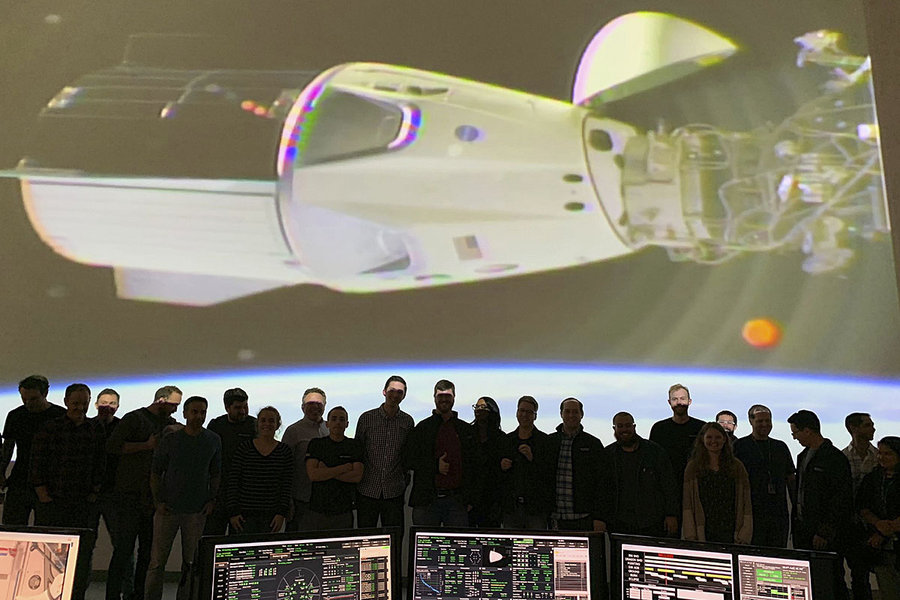What the success of Space X means for America
Space travel in America hasn’t been so “American” in the last few years. NASA’s space shuttle program was supposed to lay the groundwork for space to become accessible to all, but political funding has dipped as costs and safety concerns have soared. After 30 years the once American-dominated innovation industry for space travel has folded to shift funds for “human spaceflight endeavors beyond low-Earth orbit.” Since NASA’s space shuttle program shut down in 2011, the only way to the International Space Station has been aboard Russian spacecraft. When asked about having to go to Russia for space travel, Valerie Neal proclaimed, “Our human spaceflight program is contingent on the capabilities and the goodwill and the fiscal policy of another space agency that compromises the United States’ ability to do what it wants to in space on its own terms. It takes away some of that independence and autonomy.” However, now that private companies like Space X are doing the work for the government, good things are surely going to happen in the future of space travel innovation. Space X can change the landscape for the American space travel industry with its launch of Crew Dragon.
Space Station on Friday morning. If the next safety test goes well, the spacecraft could ferry astronauts from U.S. soil to the space station as soon as this summer. SpaceX’s Crew Dragon spacecraft would bring back the capability of allowing Americans to travel on American soil. Spaceflight has long been a point of national pride for Americans. “There is sort of a cultural belief that [spaceflight] is what a great nation does, and we are a great nation,” says Roger Launius, a former NASA chief historian and National Air and Space Museum curator emeritus. “It’s a part of a sense of American exceptionalism.” This American ideal can be seen during the Space Race of the 20thcentury where continuous funding was pushed toward the R&D for space travel competition against Russia. Americans often regard the landing on the moon as a momentous spectacle in all of history. Though Space X has high hopes of success, it is only in its trial stage now, with many more trials to go before the Crew Dragon can be deemed safe. “The more vehicles you’ve got, the better off you are,” Dr. Launius says. “I would like to think that in five years, or certainly within 10 years, we’ll have a range of vehicles from which to choose to fly astronauts into space. We’ve never had that in the past.”
If private companies like SpaceX succeed in optimal space travel, the US could be on track to reclaim a portion of its pioneering identity.
Featured Image- The SpaceX team watches the shuttle in orbit. Credits- AP Images
by Patrick Du

